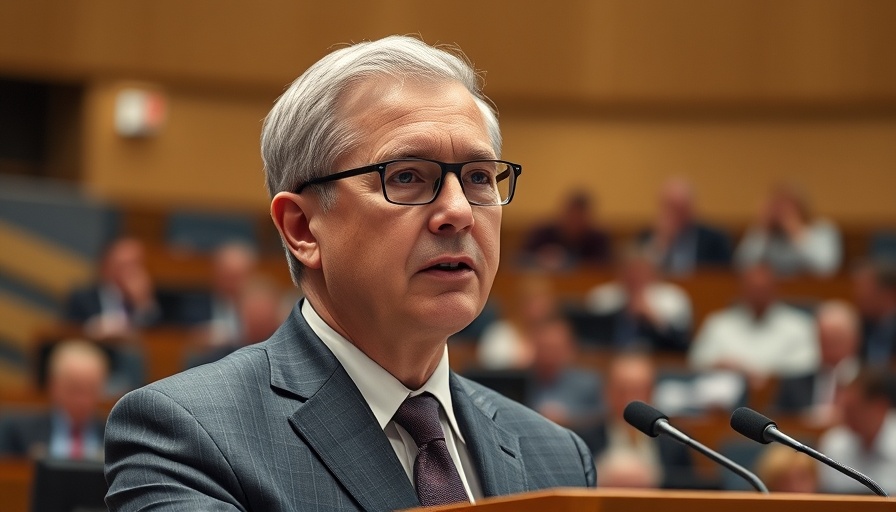
The Migration Dilemma: Stricter Measures Across Europe
In response to rising migration numbers, EU nations, spearheaded by Germany, are implementing stringent measures at their borders. This dramatic shift in policy is aimed at curtailing asylum seekers' entry, reinforcing nationalist sentiments that prioritize local concerns over humanitarian considerations. Since May, the scene at Germany's borders has drastically shifted, with police officers methodically checking IDs to enforce these new laws—despite a Berlin court deeming such measures unlawful.
In EU nations push stricter migration measures, the discussion dives into the impact of new border policies, exploring key insights that sparked deeper analysis on our end.
Caught in the Crossfire: Poland's Reaction
Germany's assertive stance has prompted neighboring Poland to follow suit, reintroducing its border controls. The concern? The German policies may jeopardize the fundamental freedoms within the EU's Schengen zone—often praised for allowing free movement. Poland's actions are influenced not just by political alignment but also by pressures from far-right factions within its electoral base, highlighting a growing trend across Europe where populism shapes policymaking.
Future of Asylum in Europe: A Murky Outlook
As the head of the EU's Frontex Border Agency pointed out, member states must consider more proactive solutions, focusing not just on controlling borders but improving cooperation with both transit and source countries. Yet, only around 20% of rejected asylum claims in the EU currently lead to the return of individuals. This figure underscores a concerning inefficiency within the system, threatening the integrity of asylum laws while furthering the rhetoric of those advocating for tougher controls.
As Germany pushes for increased returns, public sentiment appears to align with these hardline approaches. Yet, the long-term consequences of such policies—potentially eroding human rights—demand robust debate and accountability. The future of not only European migration policies but of Schengen itself hangs in the balance, beckoning for a collective response that considers both security and humanity.
In light of these developments, it is crucial for readers to stay informed and engage with the ongoing discussions surrounding migration in Europe. The mindset of a population largely supports tough measures, yet the moral implications could signal a dramatic departure from traditional values. Now is the time to voice your perspective on this critical issue!
 Add Row
Add Row  Add
Add 




Write A Comment